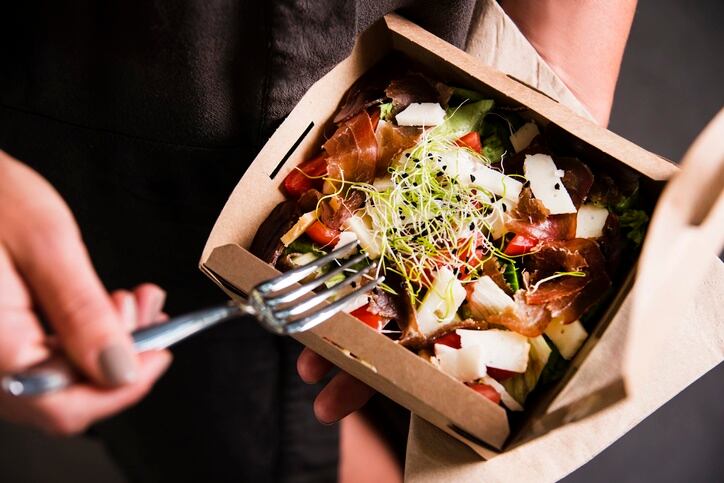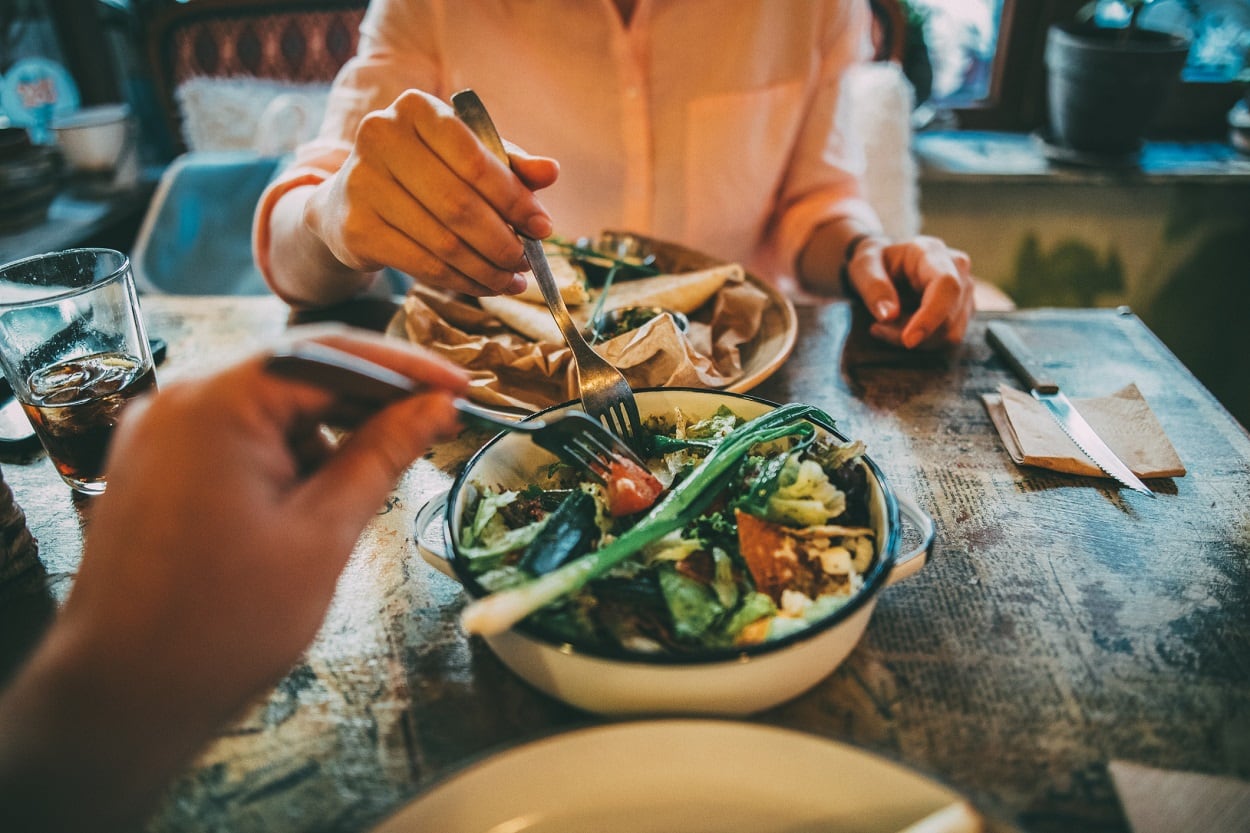“The key is to show flexibility and that their solutions can fit into a myriad of tribes, and understand that many gen Zs and millennials started with these tribes at a young age and will likely continue to follow their tribes as they age,” said David Portalatin, NPD food industry advisor and author of ‘Eating Patterns in America’.
How a consumer approaches their day-to-day health is a moving target that has become as personalized as the individual, noted NPD Group.
“It’s not that consumers create diets that are filled with indulgences; rather, they find lifestyles or tribes that match their own interests or values.”
Health goes tribal
Health professionals, friends, and family were once the go-to source for information on health. However, now US consumers are seeking and validating their personal health goals and solutions with like-minded communities or ‘health tribes’ online through blogs and social media.
“In the past, health was equated with avoiding substances like fats and carbs, and this was generally considered something that works for anyone who tried it. However, in today’s world of social media and blogging, consumers are seeking their echo chambers of health much in the same way they use them for lifestyles and politics,” NPD Group said.
“They’re finding niche or individualized plans that meet their own specific goals, as opposed to plans that work for the average person. This helps explain why the most common diet is one of our own making.”
This personalized health credo individuals are forming also means that consumers are more likely to follow plans promoted by a blogger or online community as opposed to sound science, according to NPD Group.
For instance, NPD Group’s 2016 GMO Survey showed that 27% of consumers rely on social media for information on GMOs and where they’re found.
Health and wellness evolution: From ‘one size fits all to personalized health’
The perception of what “healthy” means has moved beyond outward appearance and into a more mindful, holistic understanding of health.
As outlined by NPD Group, the starting point of health and wellness were traditional diets that offered general nutrition and exercise advice presented as a solution for everyone. Extreme fitness then emerged creating niche fitness communities embracing the ‘push your boundaries’ mentality, which also gave way to specialty diets and more consumers doing their own health research and nutrition investigation online.
More recently, the understanding of health and wellness has become more individualized, addressing self-acceptance and self-improvement (e.g. body positivity as a way to embrace who you are and what you can control).
Where are we going?
The latest evolution of health and wellness is the link between emotional and physical health, according to NPD Group, where consumers are looking at other areas of self-improvement that transcend diet and exercise.
The shift has become even more personal with consumers leveraging more advanced technology such as genetic testing kits that show how food affects their body and the rise of smart devices (watches, apps, and scales), added NPD Group.
“We’ve transitioned away from diets and exercise as the core solutions, and are moving into a more well-rounded approach to health and wellness that is both personal and functional,” NPD Group stated.
How the food and beverage industry can fit in
With diet and health becoming even more personalized and niche, where should food and beverage manufactures, developers, and marketers focus their time and energy?
According to NPD Group, there are still plenty of attributes that appeal to multiple consumer groups.
“While tribalism creates challenges for mass marketers, there are still several large behaviors that can help maintain your products’ relevance with consumers. Free-from, natural, authentic, and fresh still have universal appeal, especially among younger adults who are driving these needs to higher levels,” NPD Group concluded.




